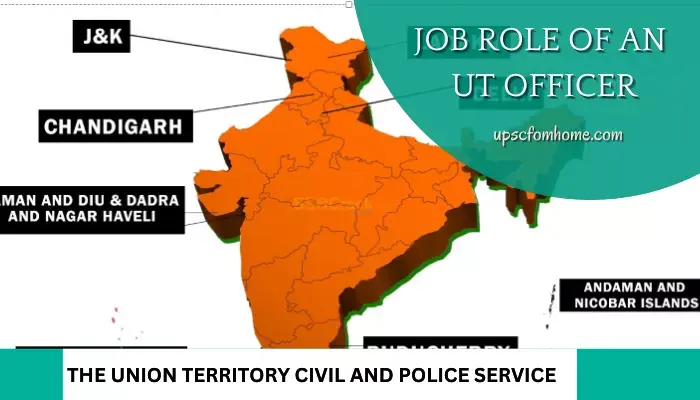Role of an IPOS Officer - UPSC
- Muskan Celeste

- Feb 5, 2022
- 2 min read
Updated: Jan 19, 2023

The Indian postal service was founded in 1854 and later came under the jurisdiction of the post department, which belonged to the ministry of communications after independence. At the outset, the initiative of public mail was introduced in 1774 by Warren Hastings; this institution has been serving for close to 150 years and is the largest postal network in the world engaged in communication and social-economic development.
Responsibilities of an IPOS Officer
The basic work with which postal officers are tasked is the smooth running of delivery services and the forwarding of retail services, including bill collection and the sale of forms. Their work is further divided and subdivided into looking after the overall management of the postal division. Furthermore, management of postal services, maintenance of post offices and mail offices, enlargement of the postal network, atonement or redressal of public grievance, and customer relations.
Salary and Benefits of an IPOS Officer
The salaries range different for different posts in IPoS. These are stated as follows:
Director-General of Post Offices - 225000 INR
Member Postal Services Board - 205400 INR
Chief Postmaster General - 144200 INR
Postmaster General - 131100 INR
Director of Postal Services - 78800 INR
Assistant Director/Assistant Postmaster General - 67700 INR
SSPO/SSRM - 56100INR
The monthly salary earned by an IPoS officer is stellar due to base wage and alternative pay-parts such as House Rent Allowance (HRA), Dearness Allowance (DA), Variable Pay, and Town Compensatory Allowance (CCA).
Perks of being an IPOS Officer
Being a part of 'A' class civil services brings financial and social security in many forms. Be it Leave Travel Concession (LTC), Group Mediclaim, Group Insurance, Gratuity or Defined Contribution pension, Cash Medical Profit, Accident Insurance, Loan for Private Vehicles, and further concessions on basic commodities and needs. The Government also funds the continuation of studies for postal job aspirants.
Powers of being of an IPOS Officer
Having the largest postal network brings great responsibility and an opportunity to explore the key points of the country. For instance, the coordination among other civil services, such as the Police Administration and District Administration, builds a good rapport and approach for career elevation in government agencies. By the same token, many bureaucrats from this organization have been promoted to chief positions in countries' intelligence and principal departments.
Challenges of being an IPOS Officer
The rapid influx of information, the spread of internet usage throughout the region, and international competitors investing billions in their campaigns to take over is having a rather bad influence on the largest postal system. Moreover, the rise of unregulated courier services and banks has added fuel to the fire as what was once considered the most pivotal department of a country's civil services is at the mercy of people who have delayed decision-making on these challenges. Furthermore, the undersupply in the form of human resources and technological advancement is making it burdensome to present it as a profitable venture for the Government.
Friendly Conclusion
If any governmental organization possesses the general public's trust with its belongings and information, it has to be IPOS. The vast network and its smooth running are nothing short of a miracle and thus need a little attention and some hard decisions. Conclusively, a postal service that has been serving the region for over a century presents way more than its services; it presents its prestige.









Comments